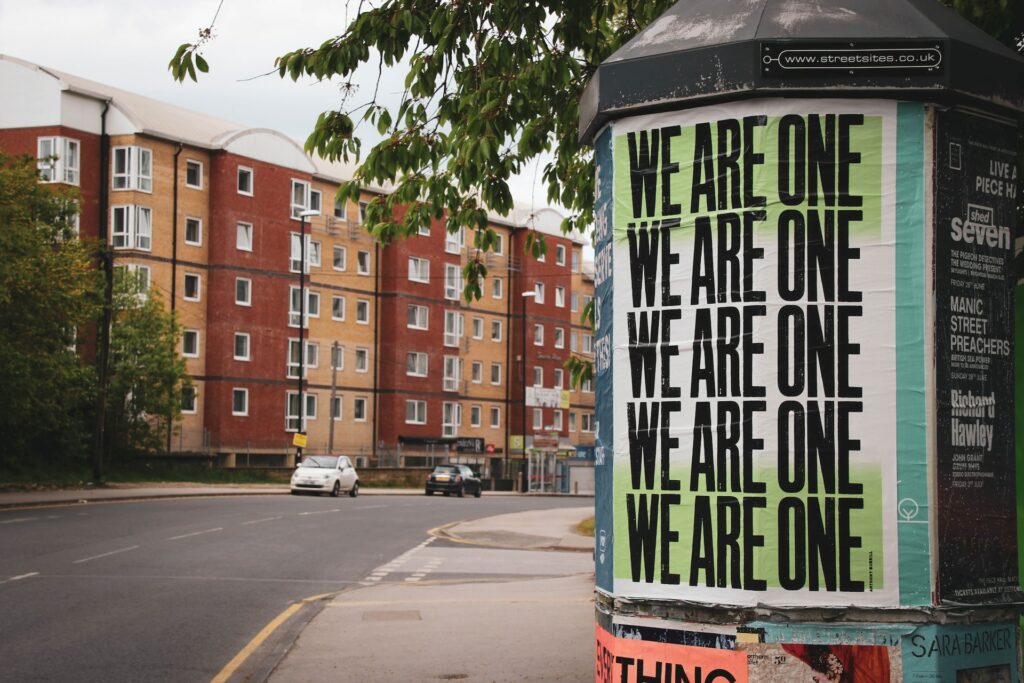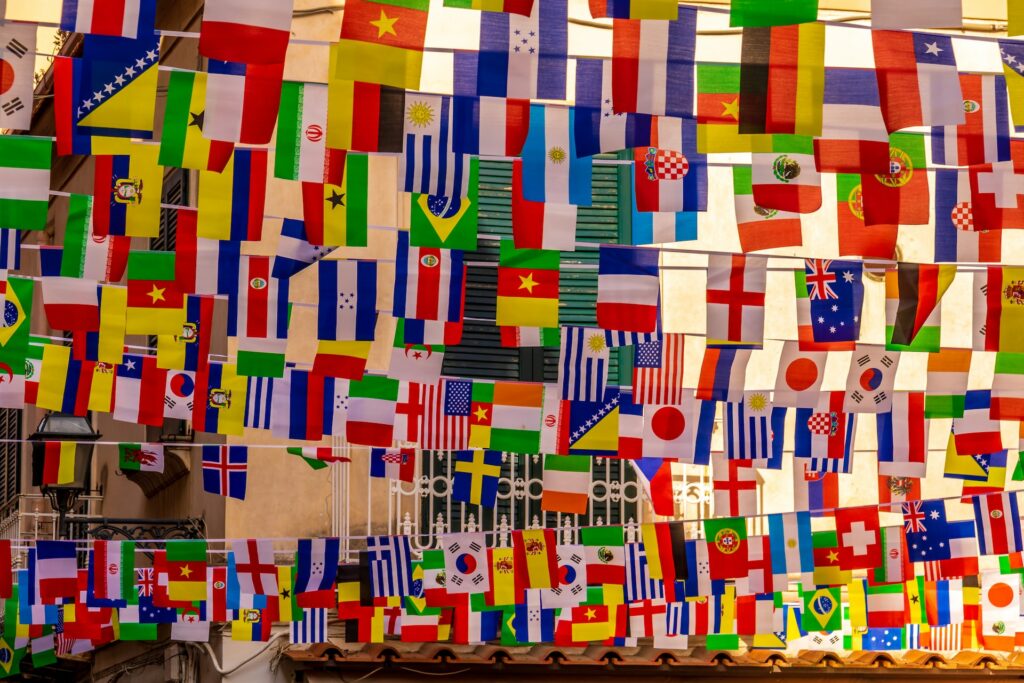Intro
Shared cultural, geographical, and historical ties form the basis of nationalism. It has a rallying call of solidarity. It often stirs passionate debates.
While it unites, it can also divide. It strengthens and, yet, can weaken.
Let’s explore this complex issue. We will dissect the details and effects of nationalism. We will weigh its potential benefits against the drawbacks.
Pro #1 – The Fostering of Unity

True nationalism can be a strong glue. It binds diverse people under one banner. This banner is woven with shared history, culture, and boundaries threads. It gives birth to a collective identity. This identity acts as a beacon of unity among the people. This shared sense of belonging can cause mutual respect, empathy, and understanding. It strengthens society and adds to harmony. This unity is a potent force. It can inspire progress in society and the economy. It energizes a nation’s collective engine toward a shared vision. Thus, nationalism can be a powerful tool for unity. It is the lifeblood of a society and critical to its growth and prosperity.
Pro #2 – Promotion of Political Stability

Nationalism has a subtle benefit. It helps create stable politics. It kindles a sense of shared national identity. This can serve as a solid call to civic duty. It encourages citizens to uphold and respect the law. This commitment to the principles and institutions of the nation-state comes from a deep sense of belonging. It can help create a more orderly society.
Such a society is less prone to internal strife or unrest. As citizens feel a stronger tie to their country, they are more likely to join in its politics. This can create more stability and security. Nationalism can help make a stable politics. Stability is critical for lasting growth and wealth. Nationalism, when used well, can stop political instability. It ensures the nation’s uninterrupted journey to its envisioned future.
Pro #3 – Defense and Preservation of Culture

Borders are increasingly blurred in the world. Nationalism guards cultural identity. It values and protects the richness and uniqueness of a nation’s culture. This includes its heritage, traditions, and values. This respect for the past fosters pride among citizens. It gives a deep connection to one’s cultural roots. This celebration of identity also helps keep the many-hued tapestry of global cultures. It offers a cure for the risk of cultural sameness. So, nationalism, when seen this way, becomes a guardian of diversity. It is a crucial platform for celebrating, surviving, and growing unique cultures. It does so in the global landscape.
Con #1 – The Risk of Exclusionary Practices

Nationalism can create unity and shared identity. But, it has a potential downside. There are instances when an intense sense of national pride might nurture an environment of exclusivity. This ‘us versus them’ mentality comes from an inflated national superiority. It can create practices that sideline ‘outsiders’.
This may lead to hate. It targets people perceived as different, such as minorities or immigrants. This divisive undercurrent, if unchecked, can split society. It can create rifts in communities. Earlier, we talked about how it enhances respect and empathy. But, it can lead to a society of alienation and strife. In essence, the very force that can unite a nation, when misdirected, can also tear it apart. Nurturing inclusivity is a big challenge. It’s critical to use nationalism’s good parts while reducing its harms.
Con #2 – Potential Threat to International Relations

Let’s look at the global stage. Intense nationalism’s effects can cross borders. It can cause discord in the world. When nations, fueled by a heightened sense of patriotism, prioritize their national interests over multilateral cooperation, it can generate friction between countries. The strict pursuit of these interests is blinded by fervent nationalism. It can cause disputes, encourage protectionism, and, in extreme cases, ignite conflicts.
This approach focuses on national gain. It often overlooks that we are part of a global ecosystem. We are interconnected and interdependent. By putting nationalism above cooperation, this global ecosystem’s harmony can be threatened. This would cast a shadow over world peace and stability.
Also, the focus on national interests can block our joint effort. It hinders us. It stops us from tackling global issues. These issues include climate change, pandemics, and humanitarian crises. These challenges are global. They need international cooperation. However, intense nationalism can undermine the unity it requires.
In essence, nationalism can strengthen a nation’s identity and unity. But, its extreme form can strain the global threads that bind nations. This balance is between national pride and global unity. It is a delicate dance. It will need astute navigation to keep a harmonious world order. Championing national interests is fine. But, it must not harm international relations and cooperation. So, this remains a crucial concern.
Con #3 – The Danger of Nationalistic Populism

In conclusion, nationalism has the potential to create populism. Populists use and amplify the fears and biases of the people. This is nationalistic populism. It is known for emotive rhetoric and crowd-pleasing pronouncements. It can have too much influence on making policies and laws. This may lead to measures focusing on pleasing the people and calming fears. They will be based on something other than sound, long-term strategy.
These actions may bring short-term joy. But, they can harm the nation’s democracy and society in the long term. It is crucial to be aware of this risk. We must strive to separate populist talk from rational policy. This will ensure that nationalism’s flame illuminates, not incinerate. We navigate the maze of nationalism. This pitfall is a reminder. It shows the need to balance catering to populism and upholding democracy.



